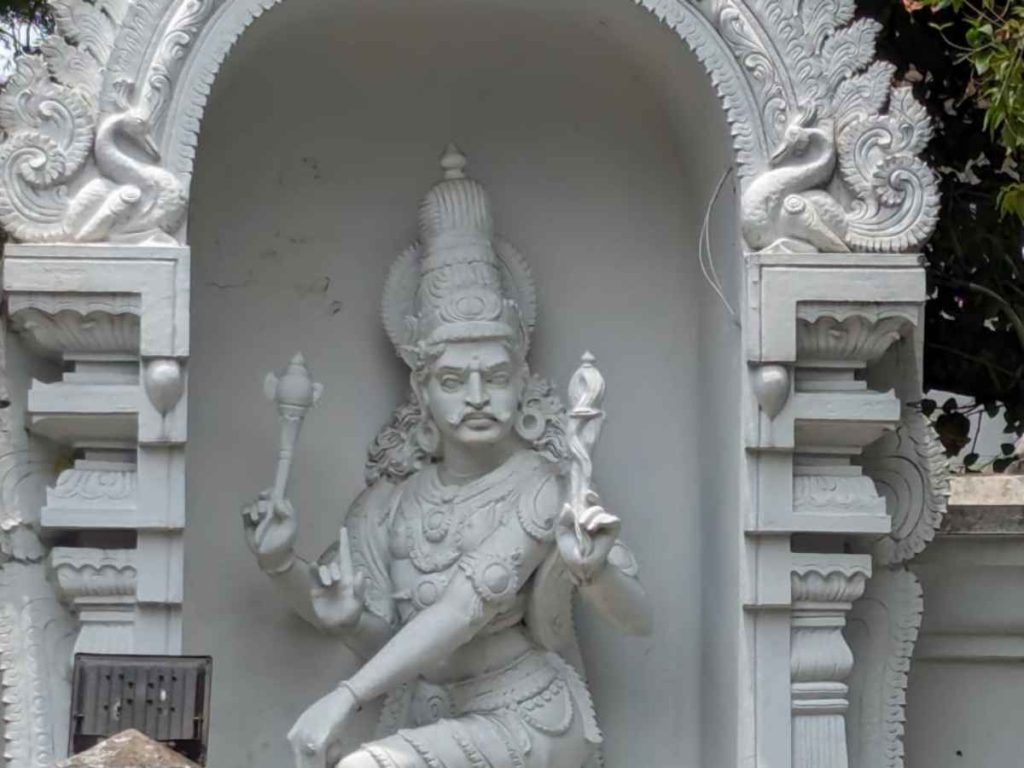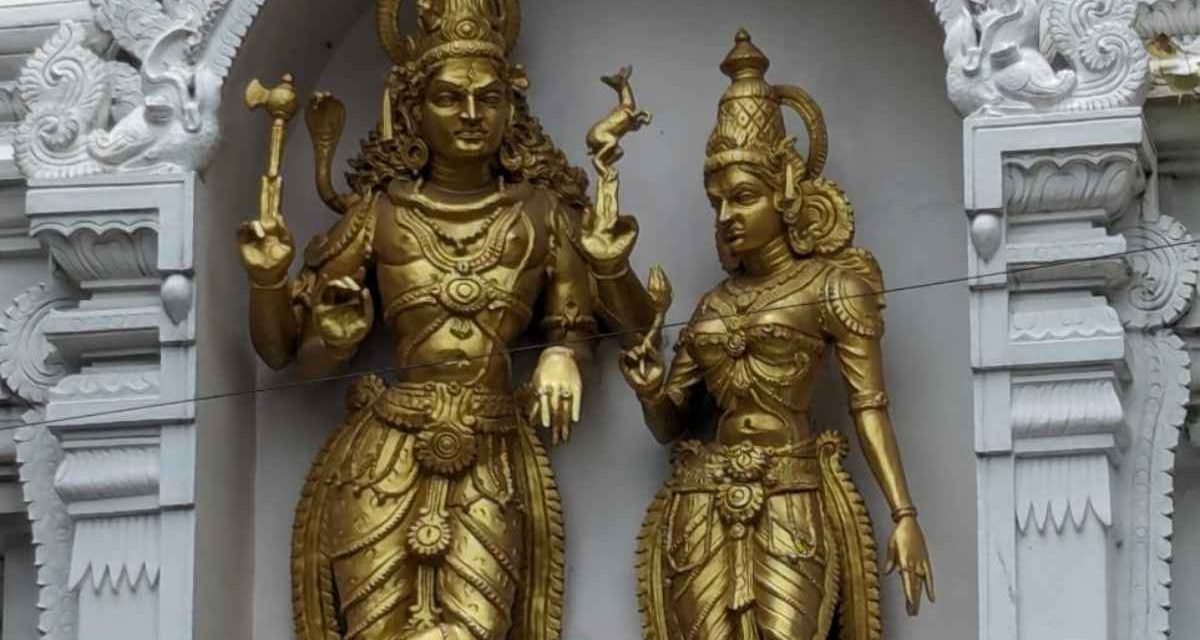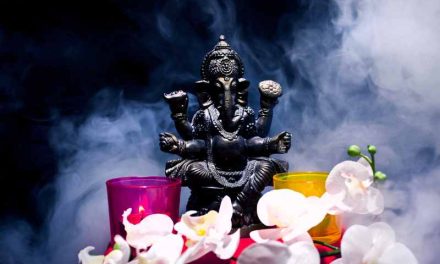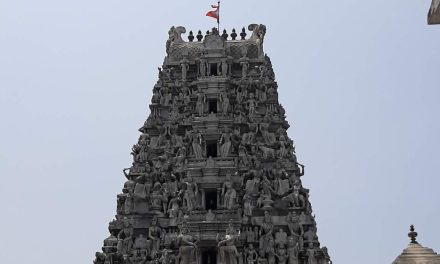In the vast library of ancient Hindu scriptures, the Upanishads hold a place of special significance. These esoteric texts delve into the profound questions of existence, exploring themes like the nature of reality, the self, and the ultimate path to liberation. Among these gems, the Katharudra Upanishad stands out for its unique perspective on achieving self-realization through renunciation.
The Katharudra Upanishad opens with a captivating dialogue between Nachiketa, a young boy, and Yama, the god of death. Nachiketa, dissatisfied with the materialistic explanations of life offered by his father, confronts Yama and seeks knowledge about the nature of the self and the afterlife. This encounter sets the stage for a profound exploration of the concept of renunciation, a central theme in the Upanishad.
Renunciation: Not Just Leaving the World
The word “renunciation” often conjures images of ascetics living in solitude, away from the comforts and complexities of everyday life. While physical detachment can be a part of the renunciate path, the Katharudra Upanishad emphasizes a deeper meaning. It advocates for the renunciation of desires, ego, and attachment to the impermanent.
The text highlights the futility of pursuing worldly pleasures, which are ultimately fleeting and unsatisfying. True happiness, the Upanishad suggests, lies in the realization of the eternal Self, the unchanging essence that underlies all existence. This realization can only be achieved by letting go of desires that bind us to the material world.
The Fire Ritual: A Symbol of Transformation
The Katharudra Upanishad uses the symbolic imagery of the fire ritual to illustrate the process of renunciation. The fire represents the transformative power of knowledge and self-discipline. Just as the fire consumes the sacrificial offerings, the renunciate surrenders their desires and attachments to the flames of self-awareness.
Through meditation and contemplation, the individual strives to burn away the veil of illusion that obscures the true nature of the Self. This inner fire refines the mind, allowing one to see beyond the limitations of the ego and experience the unity of all existence.

The Importance of Self-Knowledge
The Upanishad emphasizes the importance of self-knowledge as the foundation of true renunciation. It famously declares, “Atma eva idam sarvam” (This entire universe is the Self). This profound statement underscores the interconnectedness of all things and the essential unity of the individual self (Atman) with the universal Self (Brahman).
By understanding the true nature of the Self, one can transcend the limitations of the ego and cultivate a sense of detachment from the external world. This detachment is not indifference, but rather a state of inner peace and equanimity arising from the knowledge of one’s oneness with all existence.
Renunciation in the Modern World
The concept of renunciation might seem impractical or even extreme in the fast-paced world we live in. However, the core message of the Katharudra Upanishad remains relevant. We can all benefit from practicing a form of renunciation in our daily lives.
This can involve letting go of unhealthy attachments, practicing contentment with what we have, and cultivating a sense of inner peace that is not dependent on external circumstances. By detaching from desires and focusing on the present moment, we can create space for self-discovery and experience a deeper sense of well-being.
The Katharudra Upanishad as a Guide
The Katharudra Upanishad offers a valuable guide for those seeking self-realization through renunciation. While the path may not be easy, the potential rewards are immense. By embracing the core principles outlined in the Upanishad, we can learn to navigate the complexities of life with greater clarity, purpose, and inner peace.
This ancient text serves as a reminder that true happiness lies not in external possessions or achievements, but in the realization of our own inherent divinity. As we embark on the journey of self-discovery, the wisdom of the Katharudra Upanishad continues to illuminate the path towards a life of fulfillment and liberation.





